Are you a Matcha seller? Join as a Vendor
Dietary and lifestyle certifications are official standards that verify matcha meets specific quality, safety, and ethical requirements through rigorous audits.
There are no results matching your search
There are no results matching your search Reset filters?
Dietary and lifestyle certifications serve as quality assurance markers that verify matcha meets specific safety, ethical, and production standards. These certifications help producers demonstrate compliance with organic farming practices, dietary restrictions, and sustainable sourcing requirements. With matcha’s growing popularity, certifications have become critical for consumer trust and market differentiation.
USDA Organic certification requires matcha producers to grow tea plants without synthetic pesticides, herbicides, or fertilizers while following National Organic Program standards. JAS Organic from Japan provides similar assurance for domestic and export markets. EU Organic certification allows access to European markets with strict compliance requirements.
Quality certifications like ISO 22000 and HACCP focus on food safety management systems. These require testing for heavy metals including lead and cadmium, microbial contamination screening for Salmonella and E. coli, and radiation testing. Testing costs range from several thousand to tens of thousands annually, but certified matcha commands 20-30% higher market prices.
Kosher certification ensures matcha complies with Jewish dietary laws through ingredient verification and processing facility inspections. The certification process typically takes 3-6 months and requires ongoing rabbinical supervision. Halal certification follows Islamic dietary guidelines with similar inspection requirements.
Vegan certification verifies no animal products or by-products are used in cultivation or processing. Gluten-free certification addresses cross-contamination concerns, particularly important since matcha processing facilities sometimes handle other products. These certifications involve facility audits and ingredient documentation reviews.
Fair Trade certification guarantees ethical labor practices and fair wages for tea farmers. The process includes social audits, community development requirements, and premium payments to producers. Rainforest Alliance certification focuses on environmental sustainability, biodiversity conservation, and worker welfare.
Carbon neutral certification tracks and offsets greenhouse gas emissions throughout the matcha supply chain. Recent trends show 40% growth in sustainability-focused certifications as consumers increasingly value environmental responsibility. These certifications often require annual third-party audits and continuous improvement plans.
Consumer preference data shows certified matcha outsells non-certified products in premium market segments by 60%. Organic matcha demand has created supply shortages, driving 30% price increases in 2023-2024. Multiple certifications on single products are becoming common, with organic plus fair trade combinations particularly popular.
The certification process presents challenges for smaller producers due to documentation requirements, inspection costs, and complex supply chain traceability needs. However, certified matcha access to international markets and consumer willingness to pay premium prices often justify the investment. Third-party testing and transparent quality disclosures are becoming standard practices for building consumer confidence.
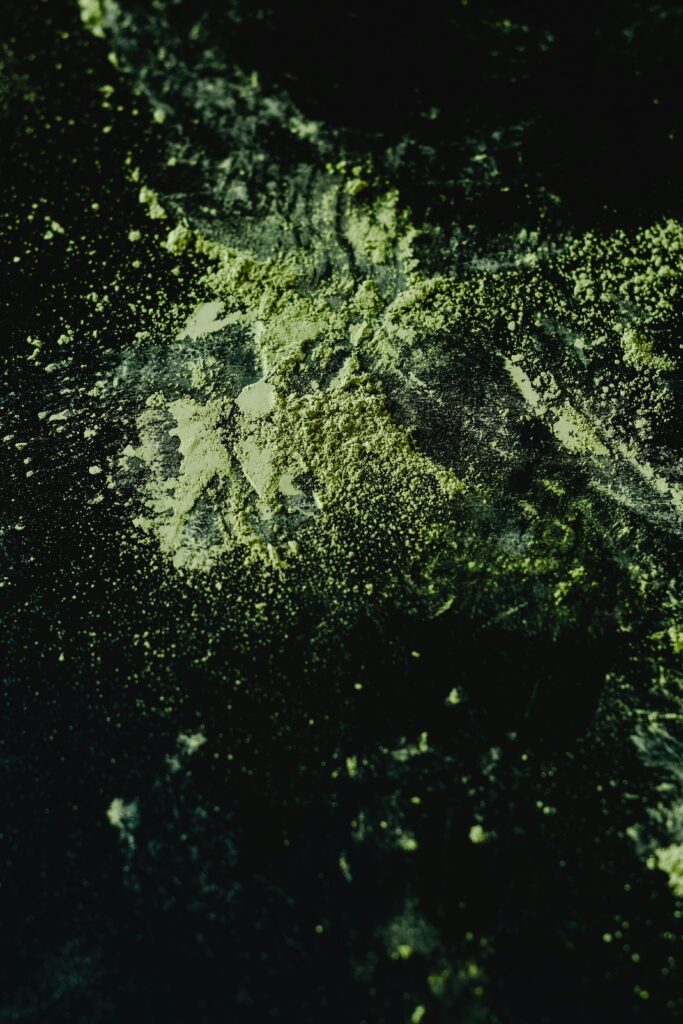
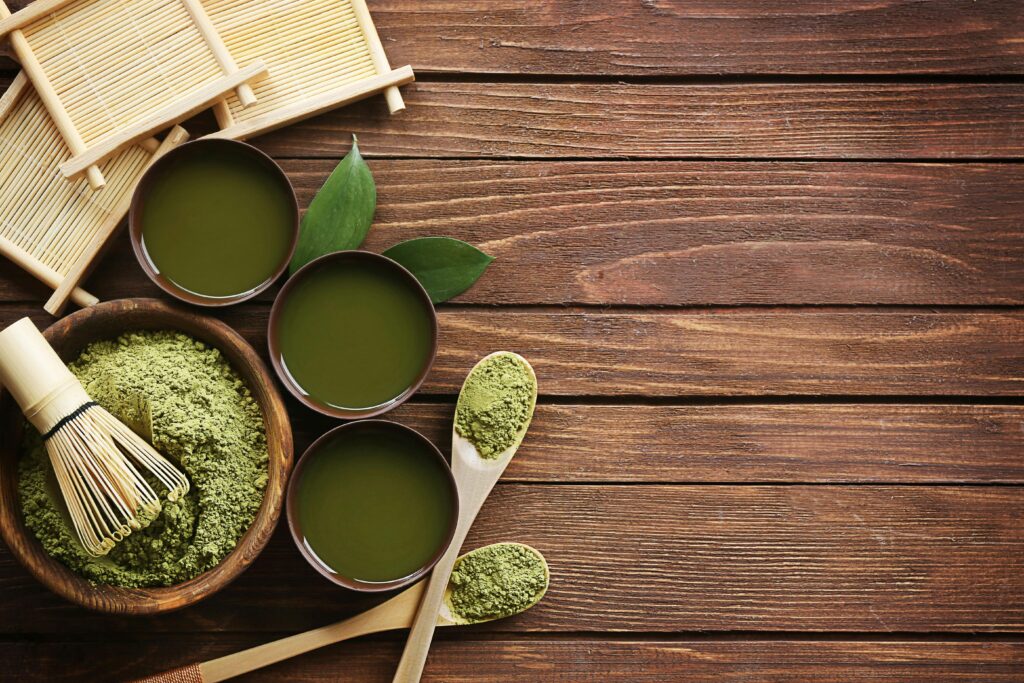
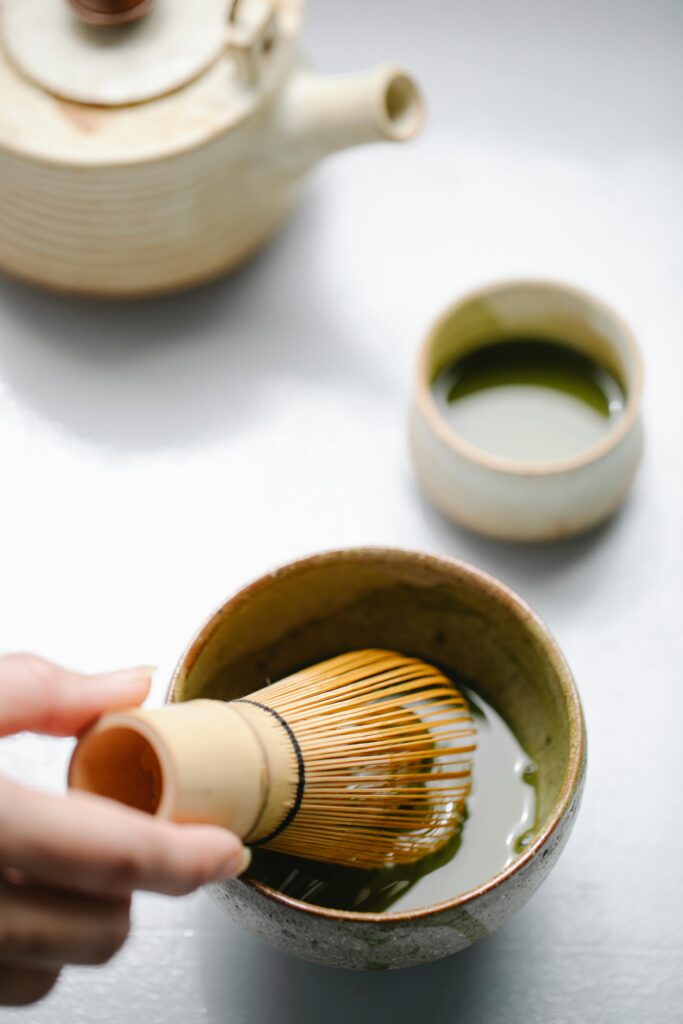
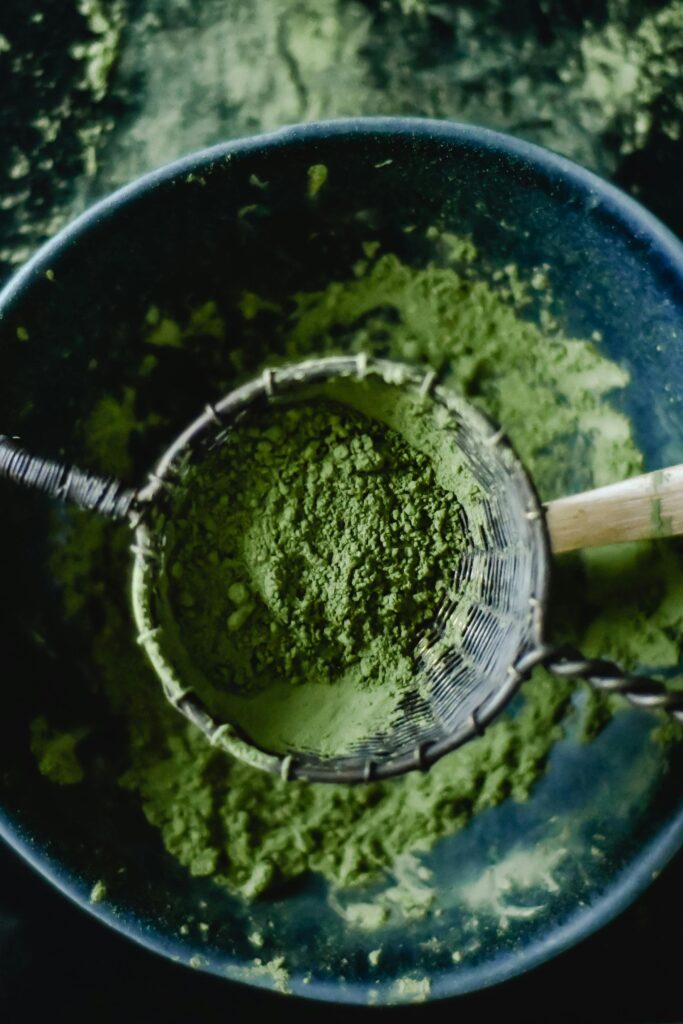
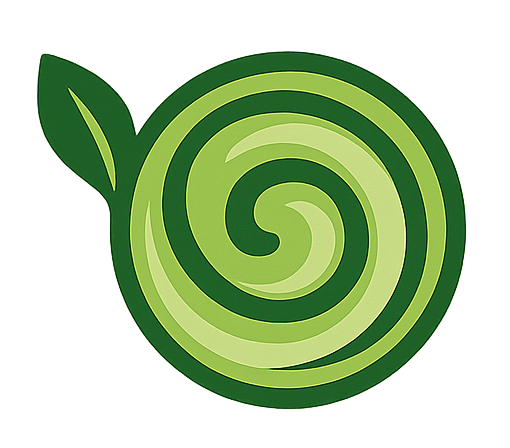
Join our mailing list to receive updates and exclusive tips.
There are no results matching your search